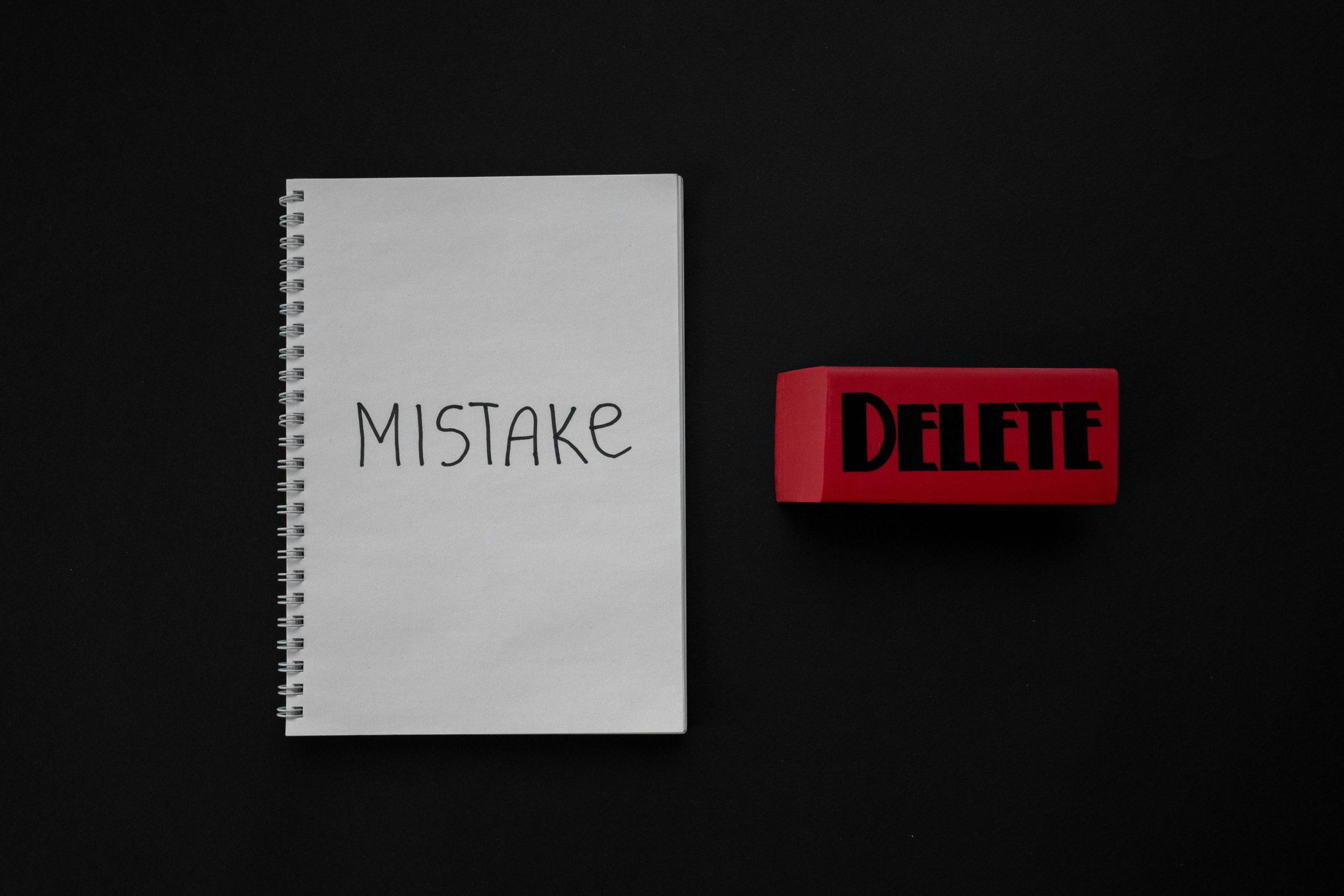Alabama Tax ID (EIN) Number & Business Registration
Published:Looking to register a Tax ID Number and/or start a business in Alabama? You can do both online, simply follow the steps below.When you’re ready to start an Alabama business of your very own, you’ll be motivated enough to overcome practically any obstacle. But before you get too excited about the prospect of being your own boss, there are some logistical hurdles you’ll need to take care of first. In 2017, multiple Alabama cities were ranked highly in terms of economic growth compared to the national average, with Huntsville as one of the surprising top metropolitan areas, thanks to its investments in aerospace and defense. Birmingham, Montgomery, and Mobile all offer densely populated, thriving areas where entrepreneurs can set up shop as well.
Small businesses are especially welcome in Alabama, seeing that they make up 96.7 percent of all Alabama businesses, and number 382,524 as of the last year on record. Those businesses employ more than 765,000 people, which constitute 47.7 percent of all Alabama employees. Unemployment is slightly above the national average, but so is the state’s overall economic growth rate.
Steps to Obtain a Alabama Tax ID & Business Registration:
- Business Formation in Alabama
- Obtain your Federal Tax ID (EIN) Number
- Alabama State Tax ID Number
- Alabama Local Licenses and Permits
Apply for your Tax ID (EIN) Number in Alabama
Apply for a Tax ID (EIN) Number in Alabama & Obtain your Tax ID in 1 Hour or less.
Begin Tax ID (EIN) Application
Business Formation in Alabama
Long before you hire employees or sign a lease for your business, you’ll need to decide which type of business will suit your company best. These are some of your best options:
- Sole proprietorships. Sole proprietorships are the simplest business to start, and they often appeal to people who plan on having a one-person operation with no plans for large-scale expansion. In a sole proprietorship, you’ll simply pay taxes as an individual on any income you make, treating it as miscellaneous income. The big downside to creating a sole proprietorship is that you won’t have any liability protection; all debts and legal responsibilities from the business will be yours, personally.
- Partnerships. Partnerships are essentially the same as sole proprietorships, with the one exception being the number of people involved (partnerships involve two or more people). You’ll also need to put a partnership agreement in place.
- Limited liability companies (LLCs). LLCs are a bit more complicated, and for good reason. These business structures are treated independently from their owners; they track income and expenses separately, and can take on their own debt. They’re treated as “pass-through” entities that (in most cases) don’t pay federal taxes on income; instead, you’ll pay taxes on whatever income or profits you withdraw from them. You’ll get significant liability protection with this business type as well. In Alabama specifically, you’ll be required to pay an annual business privilege tax (BPT), which is calculated based on the amount of income passed to its members, with a $100 minimum tax. In some cases, you may choose to be taxed as a corporation.
- Corporations (S-corps and C-corps). Corporations are the most complex business to put together, since they’re subject to more laws and regulations. The flip side is they can issue public shares, making fundraising faster and easier. Corporations also offer their owners much more liability protection, shielding them from nearly all debts and much legal accountability. Corporations are required to pay taxes on any income they make (since they’re treated as separate entities, like LLCs), and in Alabama, the corporate tax rate is a flat 6.5 percent. S-corporations are similar to C-corporations, but are limited to only 100 members.
You can technically (and painfully) change your business structure if need be at a later date, but it’s in your best interest to choose the most appropriate form long-term from the beginning.
Obtain your Federal Tax ID (EIN) Number
After you’ve created your business, you’ll need to get a federal tax ID number. Sometimes called an employer identification number or EIN, this number will serve as your business’s unique identifier for tax filings, and will register your business with the federal government. You’ll need it as a requirement for opening a new business bank account (or any new lines of credit). You’ll also need one if you plan to hire employees.
Most entrepreneurs find themselves confused about EINs and how to get them, so if you find yourself in that camp, or if you just want to get through the process faster, consider utilizing a professional online federal Tax ID obtainment service, which can get you set up with a Federal Tax ID in under one hour.
Alabama State Tax ID Number
If your business is going to owe any amount of state-level taxes on things in Alabama, whether you’re selling goods and services there, are hiring employees there, or are paying things like excise taxes or rental
taxes, you’ll need a state-level tax ID as well. This ID number is separate
from your federal tax ID, you will need your Federal Tax ID to obtain your State level ID in Alabama.
Alabama Local Licenses and Permits
To get started with your business in Alabama, you’ll definitely need a Business Privilege License, which allows you to operate within the state. Depending on the nature of your business, you may need other licenses and permits at the state level; for example, businesses in healthcare, transportation, construction, and other fields that involve some measure of public safety will all need further licensing. Keep in mind you may also need specific licenses, permits, or certifications in your local area (your city and/or county), so make sure to contact your local Chamber of Commerce to find out what level of paperwork you’ll need to begin operations.
With your business structure formalized, your ID numbers obtained, and your licenses and permits in hand, you should have everything you need to get your business moving.



